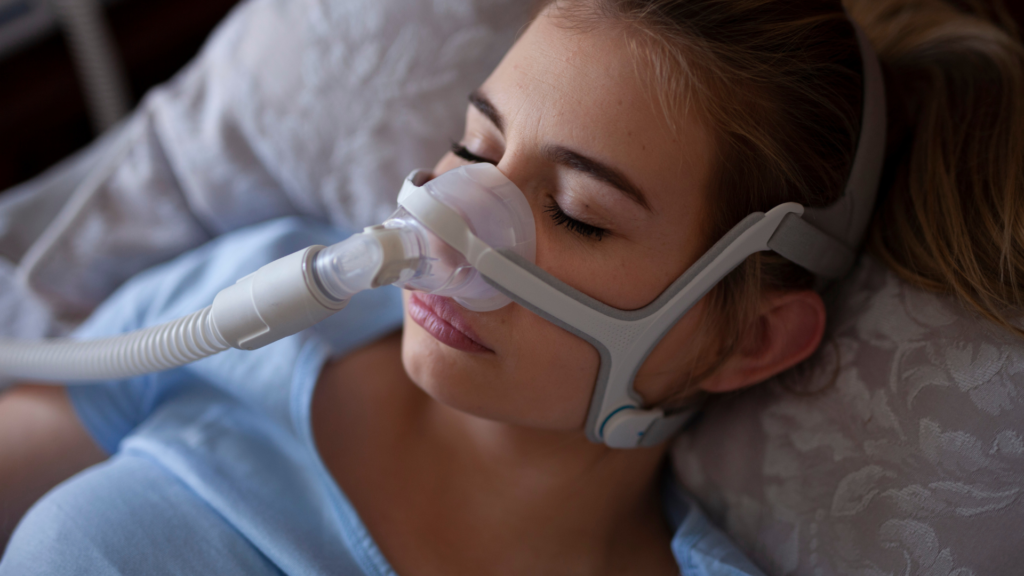
Ever found yourself gasping for air in the middle of the night? You’re not alone. For many, this terrifying experience is a nightly reality, symptomatic of a prevalent but often overlooked disorder: sleep apnea.
This condition doesn’t just steal your sleep; it can profoundly impact your overall health and well-being.
Understanding the general consequences of sleep disorders, particularly sleep apnea, on health and well-being is essential as we embark on this exploration. Delving deeper into the topic, we’ll uncover the complex dynamics of sleep apnea, from its disruptive effects on sleep cycles to its prevalence across age groups. Moreover, we’ll shed light on the significant role speech therapists play in managing sleep apnea, offering insights into their specialized therapies and collaborative efforts for comprehensive care. Join us as we unravel the complexities of sleep disorders and discover innovative strategies for their management.
Sleep apnea is a condition where breathing stops during sleep, affecting rest and health. It can happen to anyone, from infants to seniors. Obstructive sleep apnea is common in people under 50, especially men, and becomes equal among genders after 50. It’s more likely as people age or if they’re overweight. Central sleep apnea is often linked to certain medications or health conditions. Sleep apnea affects about 5% to 10% of people globally.
During sleep, the brain monitors the body and adjusts functions like breathing. When breathing stops (apnea) or decreases (hypopnea), oxygen levels drop, triggering the brain to wake up slightly to restart breathing. The more severe the sleep apnea, the more often these interruptions occur, measured by the apnea/hypopnea index (AHI).
Sleep apnea symptoms vary, including fatigue, snoring, mood changes, and breathing pauses witnessed by others. It’s often linked to specific causes, like relaxed throat muscles causing obstructive sleep apnea, or brain signal issues causing central sleep apnea.
Speech therapists play a vital role in managing sleep apnea:
In conclusion, managing sleep apnea requires a multidisciplinary approach. In Dubai, professionals like speech therapists and psychomotor therapists play pivotal roles. They provide essential support for individuals with sleep apnea, addressing underlying causes and improving quality of life. Their role is crucial in identifying and managing sleep-related issues, ensuring holistic care for patients.